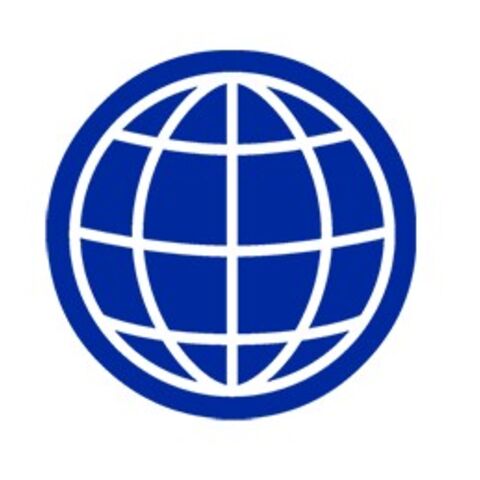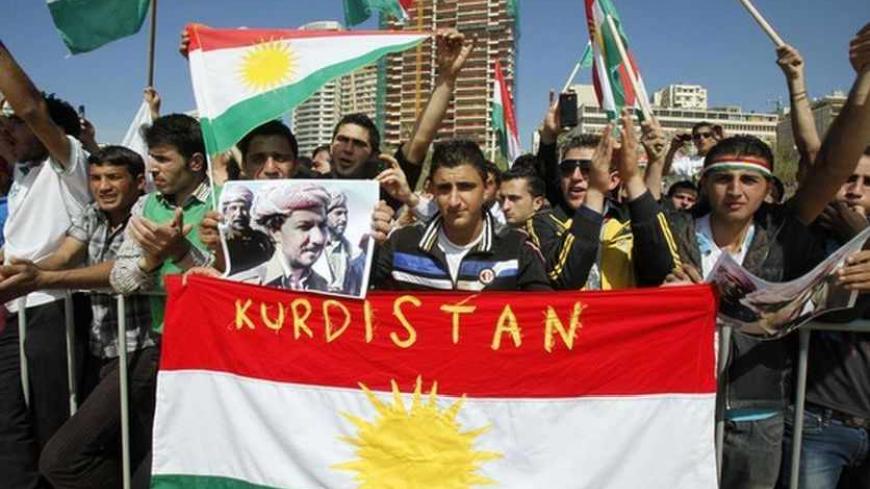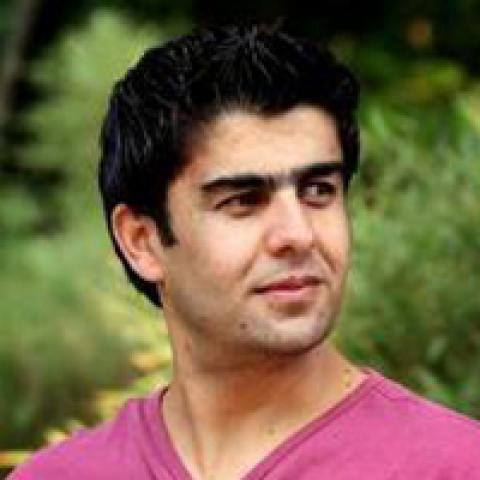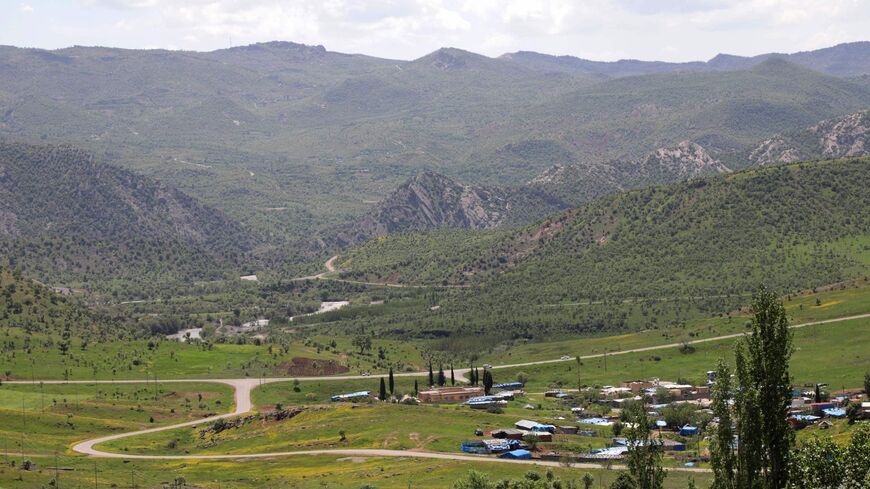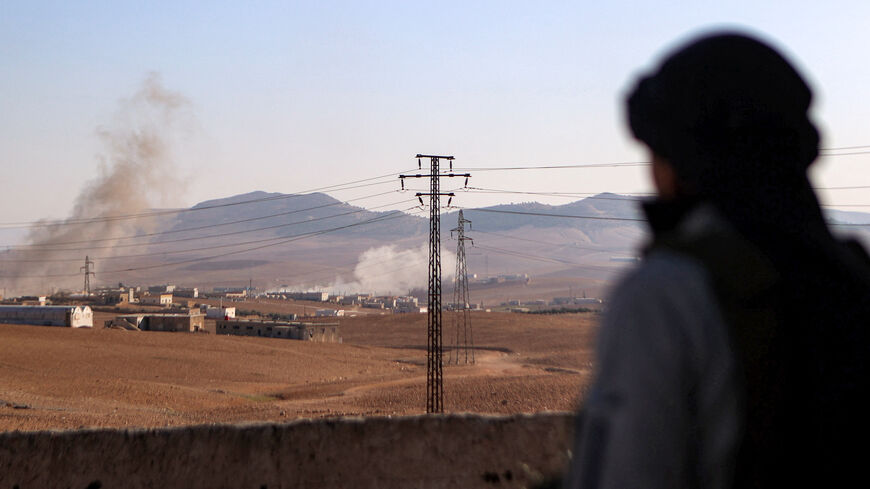Turkey blocks multiple X accounts, cites 'terrorist crackdown'
Turkey has mounted repeated attacks on the Kurdish-led region on the grounds that it is governed by terrorists.

A Turkish court has decided that access to at least 69 accounts on X belonging to Kurdish politicians, journalists and various other individuals should be blocked in Turkey on the grounds that they were “making terrorist propaganda,” as part of the long-running suppression of free speech and the media by the ruling Justice and Development Party (AKP).
The court in the Black Sea province of Gumushane ordered the access block on Aug. 20 following a complaint filed by the Gumushane Provincial Gendarmerie Command. The court ruled that the accounts contained “content that supports terrorist organizations.” Prominent politician Ertugrul Kurkcu, a former lawmaker who was elected to parliament on the ticket of the pro-Kurdish Peoples’ Democratic Party; Germany politician Cansu Ozdemir, a member of the Hamburg parliament from the Left Party; and the X account of the pro-Kurdish Yeni Yasam newspaper were some of those on the list.
Al-Monitor’s chief correspondent, Amberin Zaman, was among the journalists targeted in the ruling, which aims to “protect national security and public order.”
X did not comply in her case. Zaman's account, which has over 420,000 followers, was at the time of publication still accessible in Turkey, as were many others that Turkish authorities wanted taken down, according to press watchdogs monitoring the latest crackdown.
Zaman said she received a letter from X on Aug. 22, referring to the court order that cited one of her social media posts on the platform as the object of its complaint. The post contained a photograph Zaman had taken in Athens, Greece, of graffiti scrawled on a wall that read “Rise up for Rojava.” Rojava is the name the US-backed, Syrian Kurdish-led administration in north and east Syria uses informally to describe the majority Kurdish areas of the country. X suggested that Zaman delete the post and noted that “we may have to take action against the post.”
Zaman didn’t. “There was no incitement to violence in the post. I shared the photo of the graffiti because, as a journalist, I found it interesting,” Zaman told Al-Monitor. The post is still on X.
Turkey has mounted repeated attacks on the Kurdish-led region on the grounds that it is governed by terrorists. Many of its leaders — including Mazlum Kobane, commander in chief of the Syrian Democratic Forces, which is waging war against the Islamic State with the help of the US-led coalition — were part of the outlawed Kurdistan Workers Party that has been waging an armed campaign against the Turkish state for the past 40 years. Kobane and his fellow leaders deny plotting any violence, saying they want peaceful relations with Turkey.
Journalists reporting on the Kurdish issue have been targeted by the Turkish state for decades, with 25 Kurdish journalists arrested and placed in detention in 2022 alone, according to media watchdogs.
On Aug. 23, two female journalists working for pro-PKK outlet Chatr Media were killed in an alleged Turkish drone strike in Sulaimaniyah province in Iraqi Kurdistan. Gulistan Tara and Hero Bahadin died at the scene. Another journalist was wounded in the attack that was condemned by international media watchdogs. On July 8, another suspected Turkish military drone struck a TV crew in Yazidi-dominated Sinjar. Reporter Murad Mirza Ibrahim with Cira TV — another pro-PKK outlet — died of his wounds three days later.
Meanwhile, on the same day the Gumushane court issued its muzzling order, a Turkish appeals court upheld a 20-month prison sentence for Bulent Mumay, a prominent Turkish journalist who is fiercely critical of the AKP. Mumay was sentenced on May 6, 2023, for his social media posts about alleged government corruption. Press watchdog Article 19 noted in a statement that “the persecution of Bulent Mumay exemplifies a widespread campaign of intimidation against journalists in [Turkey]. The government employs a persistent approach to stifling investigative reporting, utilizing legal intimidation, censorship and financial coercion.”


